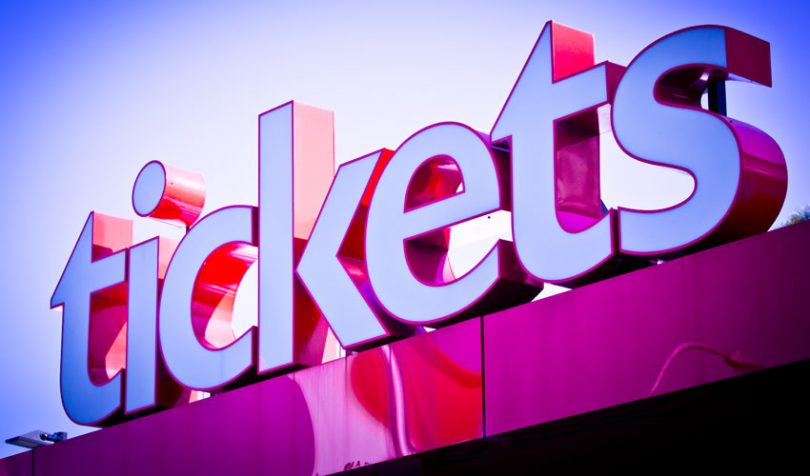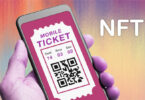GET Protocol is a blockchain-based event ticketing solution. It recently went live on the Ethereum main net. The founders run ticketing company GUTS tickets which secured the online ticketing rights for several Dutch Comedians. Last weekend tickets went on sale for 36 shows to see popular comedian Jochem Myjer. While 50,000 tickets were sold, it’s not quite as ‘blockchained’ as one might think.
Need for speed
The thing that jumps out for ticketing is you need speed. Fast processing is essential not just at the point of purchase but also when entering a venue. Thousands of people will need to have their ticket barcodes scanned and verified in a short period.
However, the GET whitepaper says: “Currently, blockchain technology is too slow to accommodate a robust, competitive, and user-friendly instant verification ticketing system at times of such peak capacity. This disadvantage would prevent adoption of a blockchain based solution by the current stakeholders in the market. Until blockchain can accommodate all of the needs of stakeholders—and we believe it will, in time — the GET API fills in the blanks.” The whitepaper says it will gradually introduce more on-chain solutions.
Translated, the GET foundation stores critical data in a centralized database.
On the one hand, for a business, this is a very pragmatic approach. Making it work is all that matters.
But on the other hand it begs the question: do you need a blockchain at all? Do the customers care?
Workarounds
In fairness, GET is extremely transparent about the issue, if you read the whitepaper. It lists the top five areas where it’s not currently using blockchain. In some of these cases, such as seating selection, one wonders whether it should be on a blockchain at all.
- Instant (under 1 second) validation of ticket ownership and validity is now done off-chain with the GET API.
- Critical and sensitive user data is stored on a Postgres database of GET Foundation.
- A theatre seating selection algorithm and interface will run on a GET Foundation server and shall not yet be computed in the blockchain.
- A waiting list application avoids blockchain congestion and acts as a load balancer for surges in API-calls. This makes the GET Protocol ticketing application a hybrid blockchain protocol. Utilizing the established and scalable functionality of AWS with the transparent backbone of the Ethereum blockchain.
- Sale and change of ownership of the smart tickets are registered on the blockchain as soon as the network allows it.
And the blockchain usage is hidden from end users, though they can check their ticket on the Ethereum chain.
Pain points GET’s targeting
Consumers tend to pay more than necessary for tickets for several reasons. Events often share part of the ticket sales with ticketing companies. If they do the ticketing themselves, then the pricing could potentially be cheaper. However, often the ticketing company is taking on the role of marketing the event.
Thirty percent of tickets are sold on secondary markets by touts and scalpers. These same people often buy up large quantities of tickets in the primary markets. So if you can disintermediate them, the average ticket price will fall.
GET’s dynamic barcodes
Most electronic tickets are static barcodes. So they could, in theory, be copied. With the GET system, the barcode is only revealed shortly before the event. By associating the ticket with a consumer’s phone SIM card, the ticket is tied to a person. So the ticket will only appear on a verified phone.
GET appears to be addressing some genuine pain points. And their interim workarounds are pragmatic. However, it’s unclear if they’ve answered the question: Why blockchain?
Ledger Insights addressed the question to GET, and apparently plenty of others have before. They have a blog post that addresses the point. Their argument boils down to the need for transparency, and the desire to disintermediate centralized ticket companies like Ticketmaster.
UEFA is also using a blockchain-based ticketing solution for anti-counterfeiting.







